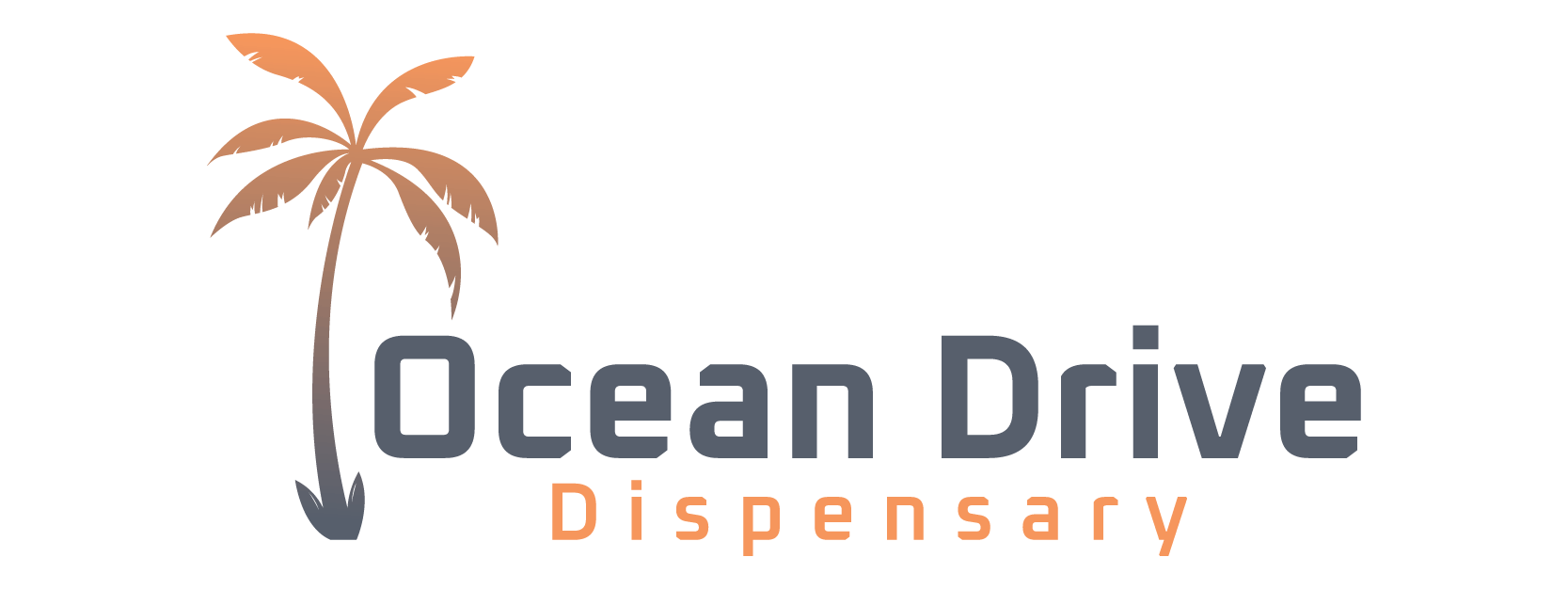Each year, Miami Beach transforms into a bustling hub as thousands of college students and tourists flock to its shores for Spring Break. This influx brings both economic opportunities and challenges, prompting city officials to implement stringent security measures to maintain public safety. For medical marijuana dispensaries operating in a state where cannabis is legal solely for medical purposes, these heightened measures present unique considerations.
Florida’s Medical Marijuana Landscape
As of 2024, Florida’s medical marijuana program has seen substantial growth, with over 880,000 residents holding valid medical marijuana cards—a nearly 10% increase from the previous year. More than 600 dispensaries operate statewide, collectively dispensing over 6,000 pounds of smokable marijuana products weekly. In Miami-Dade County, dispensaries are primarily located in areas like Miami Beach, North Miami Beach, and along Biscayne Boulevard in North Miami.
Impact of Spring Break on Dispensaries
During Spring Break, dispensaries in Miami Beach experience a noticeable uptick in foot traffic. Many out-of-state visitors, accustomed to more lenient cannabis laws, often inquire about purchasing marijuana, unaware of Florida’s strict medical-only stance. Dispensary staff must frequently educate these tourists, clarifying that sales are restricted to state residents with valid medical marijuana cards.
This surge in non-qualifying visitors can strain resources as staff allocate time to address inquiries that do not result in sales. Moreover, the increased foot traffic necessitates heightened vigilance to ensure compliance with state regulations, especially amid the broader security measures implemented by the city.
Enhanced Security Measures and Their Implications
In response to past incidents of Spring Break-related violence and disorder, Miami Beach officials have enforced strict regulations during the season. These measures include curfews, parking restrictions, early beach closures, DUI checkpoints, and a robust law enforcement presence. The city has also launched campaigns like “Reality Check” to deter unruly behavior, emphasizing that such conduct is unwelcome.
For dispensaries, these heightened security protocols mean increased scrutiny. Law enforcement agencies are vigilant about enforcing all laws, including those pertaining to drug possession and distribution. Dispensaries must ensure strict adherence to regulations, as any infractions could lead to significant penalties or jeopardize their operating licenses.
Public Consumption and Legal Risks
Despite medical marijuana’s legality in Florida, public consumption remains illegal. During Spring Break, there’s a notable rise in public marijuana use, particularly among visitors from states with more relaxed laws. This behavior can lead to increased law enforcement actions, including arrests and fines. The city’s commitment to maintaining order means that individuals caught violating these laws face stringent consequences.
Black Market Concerns
The high demand for cannabis during Spring Break can also fuel black market activities, with unlicensed vendors attempting to capitalize on the influx of tourists. This not only poses legal risks for buyers and sellers but also health dangers, as unregulated products may be unsafe. Dispensaries and law enforcement agencies often collaborate to educate the public about the risks associated with illegal purchases and to discourage such transactions.
Adaptations by Dispensaries
To navigate the challenges presented by Spring Break, Miami Beach dispensaries have adopted several strategies:
- Enhanced Staff Training: Employees are trained to handle increased inquiries from nonqualified visitors and to effectively communicate Florida’s medical marijuana laws.
- Strengthened Security Measures: Dispensaries have bolstered security protocols, including surveillance systems and on-site security personnel, to ensure compliance and safety.
- Patient Support Services: Efforts are made to prioritize legitimate medical patients, ensuring they receive uninterrupted service despite the seasonal surge in visitors.
- Community Outreach: Dispensaries collaborate with local authorities and community organizations to promote responsible behavior and to educate the public about legal restrictions and health risks associated with illegal cannabis use.
Looking Ahead
As Miami Beach continues to refine its approach to managing Spring Break crowds, dispensaries must remain adaptable, balancing the need to serve medical patients with the imperative to comply with stringent regulations. For medical marijuana patients, it’s advisable to carry all necessary documentation when visiting dispensaries and to stay informed about local laws to ensure a seamless experience. Tourists should acquaint themselves with Florida’s cannabis laws to avoid legal complications and to contribute to a safe and enjoyable environment for all.
By proactively addressing the challenges posed by Spring Break, Miami Beach dispensaries can continue to operate successfully while supporting the city’s broader public safety objectives.
Read More: Florida Beaches: A Spring Break Paradise with High Stakes for Cannabis Users
